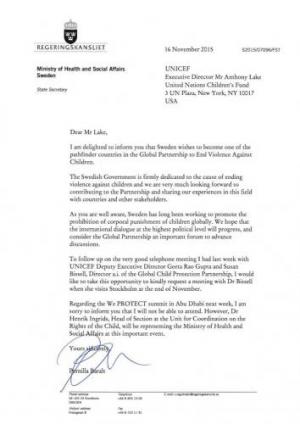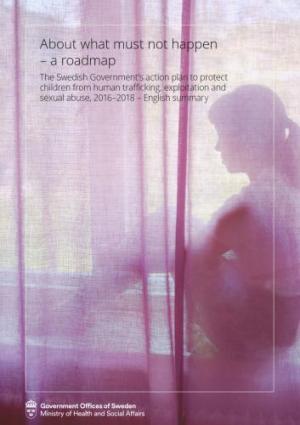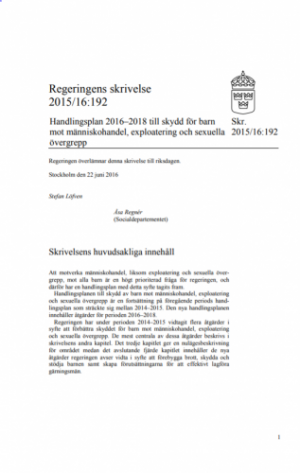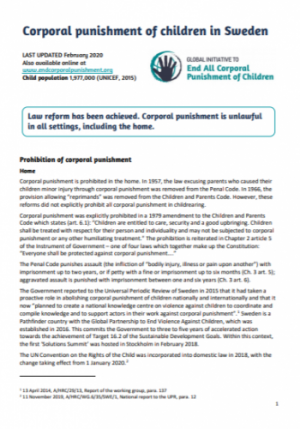 Country Progress Fact Sheet
Country Progress Fact Sheet
2018 SOLUTIONS SUMMIT
In February 2018, more than 400 people from over 60 countries met in Stockholm, Sweden for the first-ever End Violence Solutions Summit, which was co-hosted by the Government of Sweden, the WePROTECT Global Alliance, and End Violence.
The Summit aimed to share solutions for preventing and responding to violence against children, and brought together governments, United Nations agencies, non-governmental organisations, the private sector, and members of academic institutions and civil society — along with children and young people themselves.
The event harnessed unprecedented global collaboration for ending violence against children, ushering in a new era in the movement to keep children safe from violence.





.jpg)
